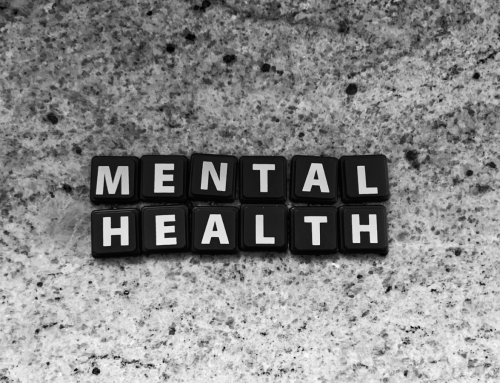Much of the population were thrown into working from home two years ago with the UK’s first lockdown first hit us. Whilst it may have been an excuse to complete our work in loungewear all day, there are more serious considerations to take into account.
For some, working from home has become the norm. However, all employers have a duty of care to look after their employees. The Health & Safety Executive (HSE) stipulates that there are specific duties to protect employees the same whether you at work HQ or otherwise, regardless of whether you are directly employed, contracting or freelance.
Working at home, often alone, constitutes ‘lone working’ where you work by yourself without close or direct supervision. Lone workers also includes delivery drivers, security staff, health workers or farmers to name a few.
Effectively you are at greater risk of something goes wrong and no-one is there to help. As such, it is worth discussing the working arrangement as part of an employer’s risk assessment. Emergency procedures should be in place and to work with lone workers to identify situations when they may be at risk of abuse or harm.
Lone working can have a negative effect on people’s mental health where they can feel disconnected and isolated. It’s worth keeping in touch regularly to keep a line of communication. This allows managers to recognise signs of stress as early as possible and act upon them accordingly. This can include absence or decreased performance, loss of motivation or increased emotional reactions – more tearful, sensitive or aggressive.
The HSE has some helpful information here: HSE advice on lone workers




